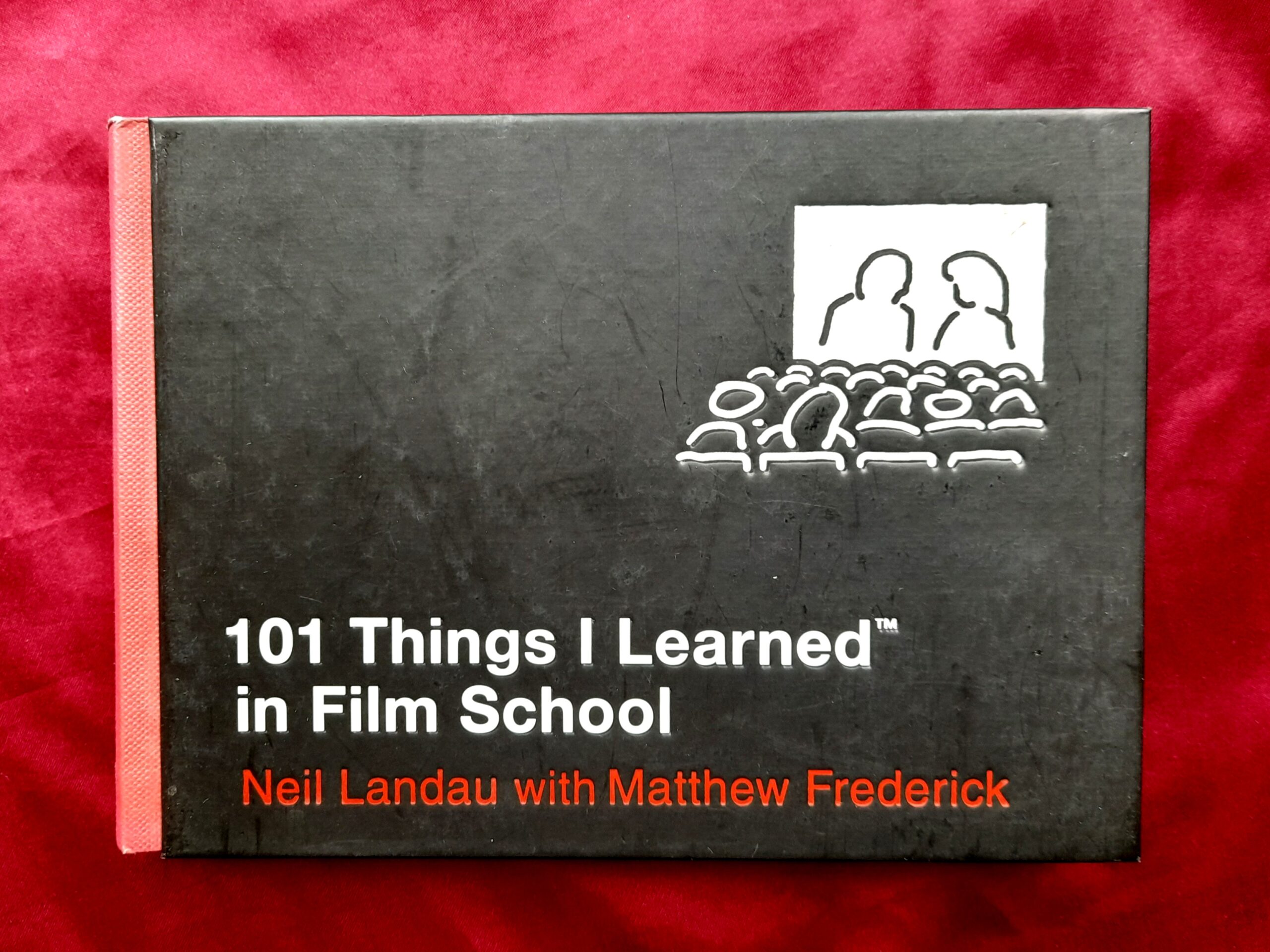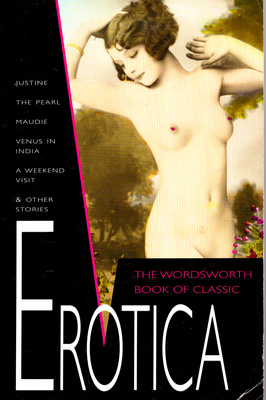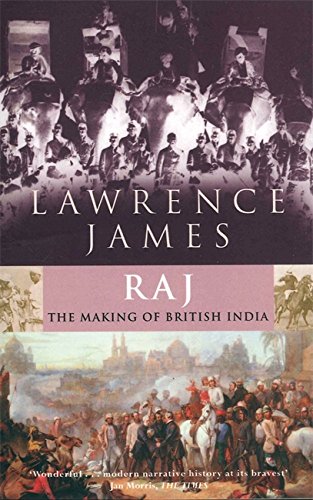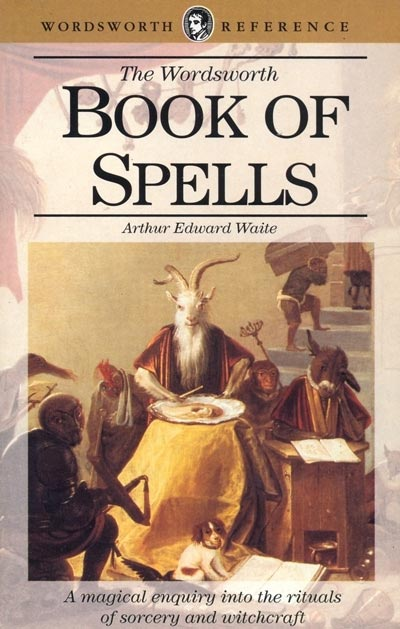po angielsku

How to set a scene? What's the best camera angle? How does the new technology interact with scenes? And how does one even get the financing to make a movie?

This is the management guide that gives you the skills you need to succeed Managers at any level must master a wide range of business and personal skills in order to succeed. Originally published as part of the "Essential Managers" series, "The Book of Management" covers everything you need to know to perfect 10 core management skills, all in one place.

Why did the medieval Church bless William of Normandy's invasion of Christian England in 1066 and authorize cultural genocide in Provence? How could a Christian army sack Christian Constantinople in 1204? This title unravels the story of the Christian military expeditions that have perturbed European history.

A sensational assembly of salacious stories selected from the secret shelves of the libraries of libertines, long-gone gentlemen, rakes and roues. These pages are patinated with the pulsating passion of vigorous youths, willing wenches, innocent initiates, meddling madames and vicarious voyeurs. The passionate participants, the actors and actresses of these romances, the heroes and heroines of these tales all seem to need little encouragement to indulge in their ribald and riotous recreation. Few avenues of amorous adventure and exotic experiment will be left unexplored. Here some great and some prudently anonymous authors inspired by inventive imagination and, probably, personal experience lay out their works of fantasy for your edification.

Leni Riefenstahl, the woman known as “Hitler’s filmmaker,” made some of the greatest and most innovative documentaries ever made. They are also insidious glorifications of Adolf Hitler and the Third Reich. Now, Steven Bach reveals the truths and lies behind Riefenstahl’s lifelong self-vindication as an apolitical artist who claimed to know nothing of the Holocaust and denied her complicity with the criminal regime she both used and sanctified.

This is the brilliantly told story of one of the wonders of the modern world - how in less than a hundred years the British made themselves masters of India. They ruled it for another hundred, departing in 1947, leaving behind the independent states of India and Pakistan. British rule taught Indians to see themselves as Indians and its benefits included railways, hospitals, law and a universal language. But the Raj, outwardly so monolithic and magnificent, was always precarious. Its masters knew that it rested ultimately on the goodwill of Indians. This is a new look at a subject rich in incident and character; the India of the Raj was that of Clive, Kipling, Curzon and Gandhi and a host of lesser known others. RAJ will provoke debate, for it sheds new light on Mountbatten and the events of 1946-47 which ended an exercise in benign autocracy and an experiment in altruism.

Many Psychologists regard personality and mental illness as closely related. The shadow of Freudian analysis looms over modern psychopathology, driving many psychologists to try to understand their clients' personal troubles and personalities using constructs developed to study mental illness. They believe that dark, unconscious mental forces that originated in childhood cause personality traits, personal troubles, and mental illnesses. Steven Reiss thinks problems are a normal part of life.

Autor, Arthur Edward White, należał do Hermetycznego Zakonu Złotego Brzasku. Było to stowarzyszenie okultystyczno-ezoteryczne powstałe w drugiej połowie XIX wieku w Londynie. Rozpadło się w początkach XX wieku na małe grupki rozsiane po różnych miejscach na świecie. Stowarzyszenie nawiązywało do tradycji różokrzyżowców, a przedmiotem zainteresowania była magia, alchemia, astrologia oraz inne dziedziny ezoteryki, w tym również tarot, do którego opracowano własną swoistą wersję.


